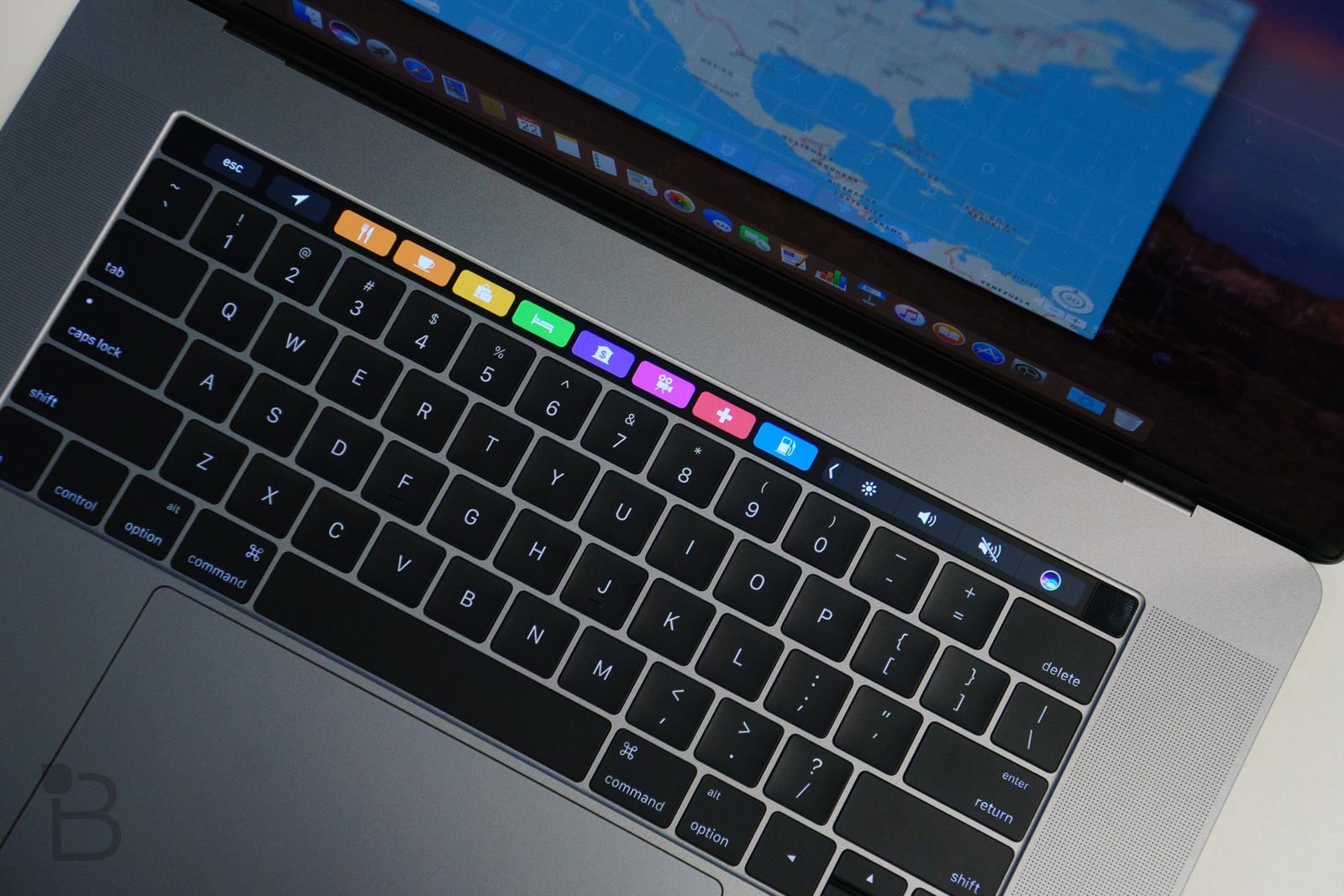Apple could ditch mechanical switches for its future MacBook keyboards in favor of light

iMore offers spot-on advice and guidance from our team of experts, with decades of Apple device experience to lean on. Learn more with iMore!
You are now subscribed
Your newsletter sign-up was successful
What you need to know
- Apple filed a new patent that could change its MacBook keyboards in a big way.
- Instead of using mechanical switches, Apple's keyboards would use light to detect pressing.
- The name of the patent is "Optical Keyboard."
Apple has a sordid track record with keyboards. Pre-2016, barely anybody complained about the keyboards found in its MacBooks. But since it moved to the butterfly switches, everything went down in the dumps. Apple is already prepared to go back to scissor switches for its next refresh, but down the line, it could ditch mechanical switches entirely.
First spotted by AppleInsider, a new patent published by the U.S. Patent and Trademark Office suggests Apple is considering light to detect key presses.
The patent is called "Optical Keyboard:"
Aspects of the subject technology relate to electronic devices with input devices. An input device may include a button or a key of a keyboard that uses a light sensor to detect key press events. The light sensor may detect changes in an amount of received light caused by actuation of a keycap of the button or key. The button or key may include an opaque structure that blocks a portion of the light when the key is compressed. The button or key may include a light source such as a light-emitting diode that generates light. A portion of the light from the light source may illuminate the key or button to provide backlight for the key and another portion may be received by the light sensor for detecting partial or complete compression of the button or key.
Essentially, the passage of light will be used to detect the input of a press. We've seen other mechanical keyboards use lasers to detect presses at a much faster rate, and Apple is taking that principal idea but implementing it for a regular keyboard on a notebook.
Apple continuously files patents to the USPTO, most of which don't make it to production. It is fun to see some of the ideas Apple is toying around as it keeps future generations of its products in mind.
iMore offers spot-on advice and guidance from our team of experts, with decades of Apple device experience to lean on. Learn more with iMore!

